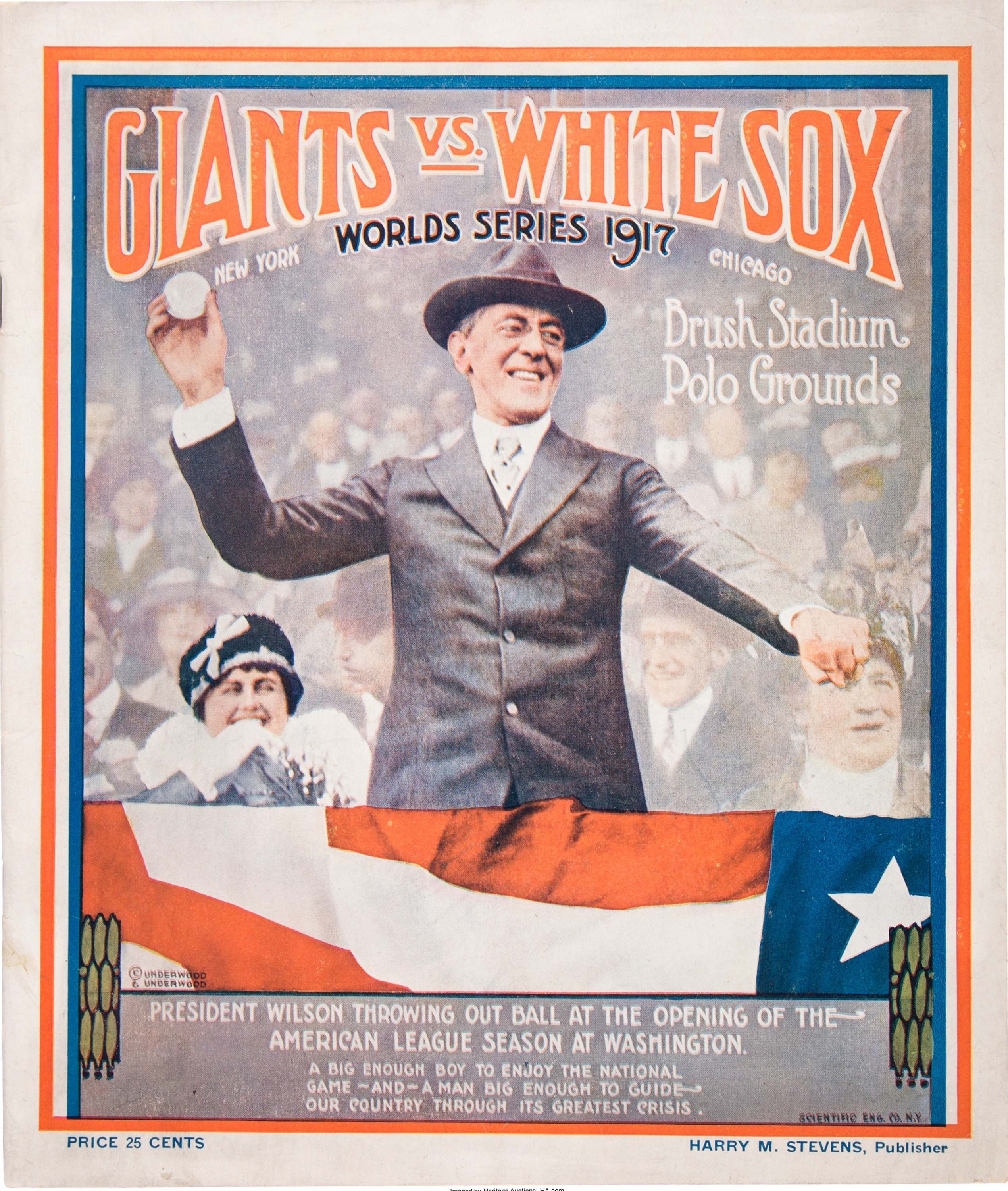
By Jim O’Neal
In 1912, after 16 years in the wilderness, Democrats seized control of Congress and the White House, with Woodrow Wilson as their leader. To their disappointment, the new president kept celebrations to a minimum. He delivered a brief inaugural address on March 4, 1913, canceled the inaugural ball, and reviewed the parade with stoic forbearance. This is not a day of triumph, he declared, but a day of dedication. And it was a day to muster the forces of humanity, not the forces of party.
Wilson went on to produce the greatest outpouring of social legislation Americans had ever experienced, during a brief period when the ruling class would use Hamiltonian means of a strong federal government to bring about Jeffersonian ideals of egalitarianism. His presidency would transform the American banking and currency system, create new industrial and farm policies, and expand the protection of America’s natural resources. But the first accomplishment was lowering tariffs and enacting an income tax – reforms aimed directly at middle-class pocketbooks.
Wilson and his associates sincerely believed that the federal government needed to serve as a counterweight to corporate wealth and an aggressive agent to help ordinary citizens. Wilson’s legacy is often cited as a fateful turning point when “do-gooders” harnessed the income tax to both raise revenues to grow government and to redistribute the wealth of Americans in a way they viewed as more fair. Yet at the outset, no one could foresee that war, not social justice, would start an inexorable rise in taxes that would thwart all the moral absolutism dreamed about.
Starting the day after his inauguration, Wilson called Congress into an extraordinary session for a historic assault on the tariff system by delivering his message personally in the first presidential appearance inside the Capitol since the days of President Jefferson. Although he recognized the challenge he faced due to conservative committee barons who dominated Congress, despite being Democrats, Wilson stood with his progressives and intended to use his executive power to the fullest. By September, the Senate actually passed a tariff bill that helped consumers … a historical first.
However, there was the small issue of how to plug the $100 million loss of revenue that was created. And so we now meet the federal income tax, which turned employers into tax collectors. New York’s The Sun summed up the opposition by arguing that income taxes were repugnant except in times of great national emergency and charged “it amounted to taxation of the few for the benefit of the many.” Advocates claimed it was merely a way to tap the “surplus” income of the rich – “over and above the amount necessary for good living.”
On May 8, 1913, the House approved the first income tax that would actually take effect since 1872, when Congress repealed Civil War-era taxes. But the Senate disagreed, with some senators opposing the “confiscation of property under the guise of taxation” and others saying “No honest man can make war upon great fortunes per se.” The war of words continued until a law was passed that affected fewer than 4 percent of Americans, with working-class people virtually excluded. A 1 percent rate on $20,000-$50,000 graduated up to 6 percent on $500,000 and above. There was also a 1 percent flat tax on corporations.
After two years, everyone seemed angry at Wilson for doing either too much or too little. Feeling besieged, he entertained a fantasy of putting on a beard and sneaking out of the White House prison, or putting a sign in front of his office: “Don’t shoot! He’s doing his best.” The reform agenda was mobilizing to act when…
In June, a shot rang out at Sarajevo.
World War I would eventually cost the United States $50 billion and the federal budget grew from $742 million in 1916 to nearly $14 billion in 1918. Excise taxes and tariffs had been providing 90 percent of federal revenue and this was limited. What to do?
Thus started the long story of the U.S. income tax, which at one point grew to 90 percent and has become so complex not even the IRS knows with certainty what lurks on all 50,000 pages of highly technical jargon (or even if 50,000 pages is accurate!). It grows each day … as does the debt that is back in the news.
My recommendation to President Trump is to simply start over, since every effort to reform only adds more pages and complexity. Take a blank piece of paper and write down “Need 18 to 20 percent of GDP to run federal government. Question: What is the best way to get this money and do the least damage in the process?” Answer: Find three smart people to figure it out, then just do it … fast.
 Intelligent Collector blogger JIM O’NEAL is an avid collector and history buff. He is president and CEO of Frito-Lay International [retired] and earlier served as chair and CEO of PepsiCo Restaurants International [KFC Pizza Hut and Taco Bell].
Intelligent Collector blogger JIM O’NEAL is an avid collector and history buff. He is president and CEO of Frito-Lay International [retired] and earlier served as chair and CEO of PepsiCo Restaurants International [KFC Pizza Hut and Taco Bell].
